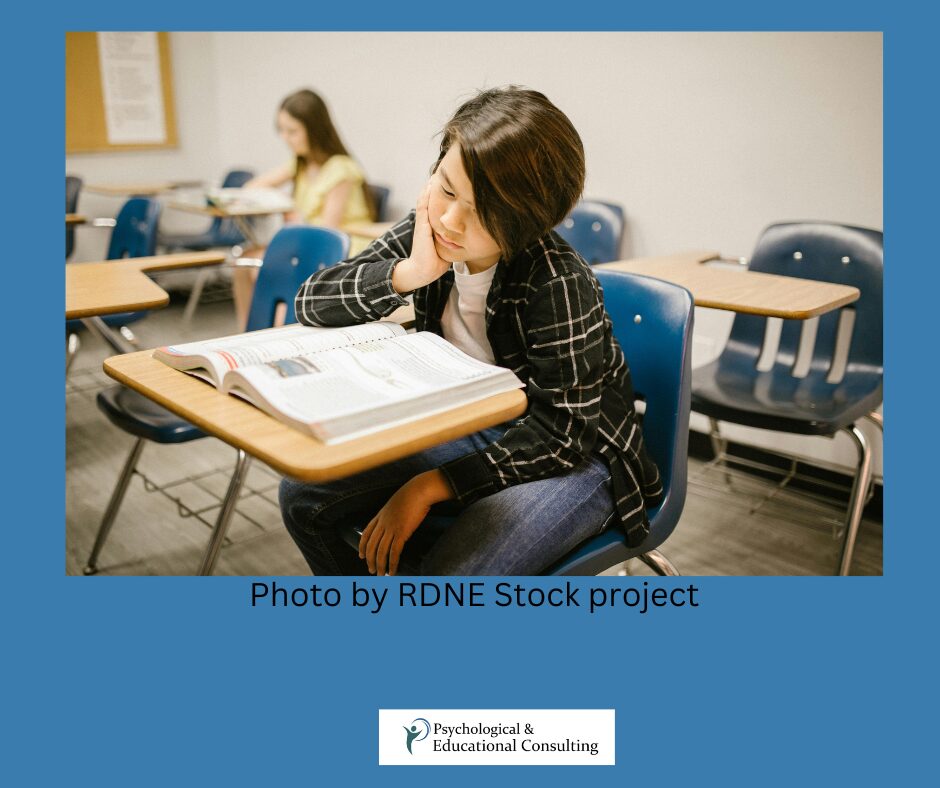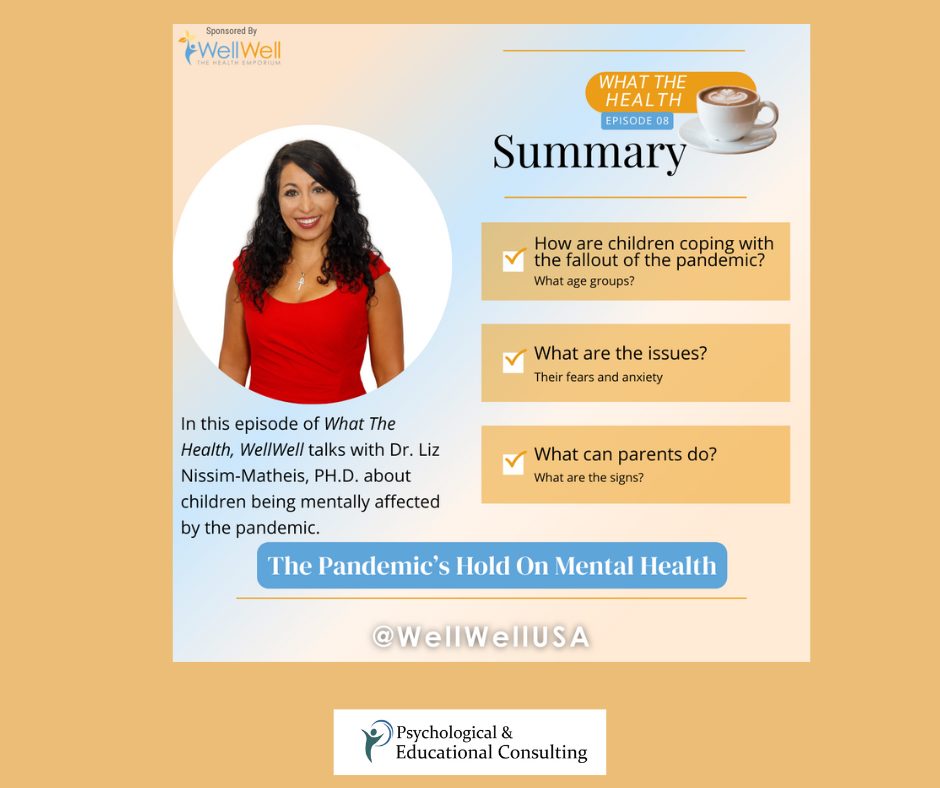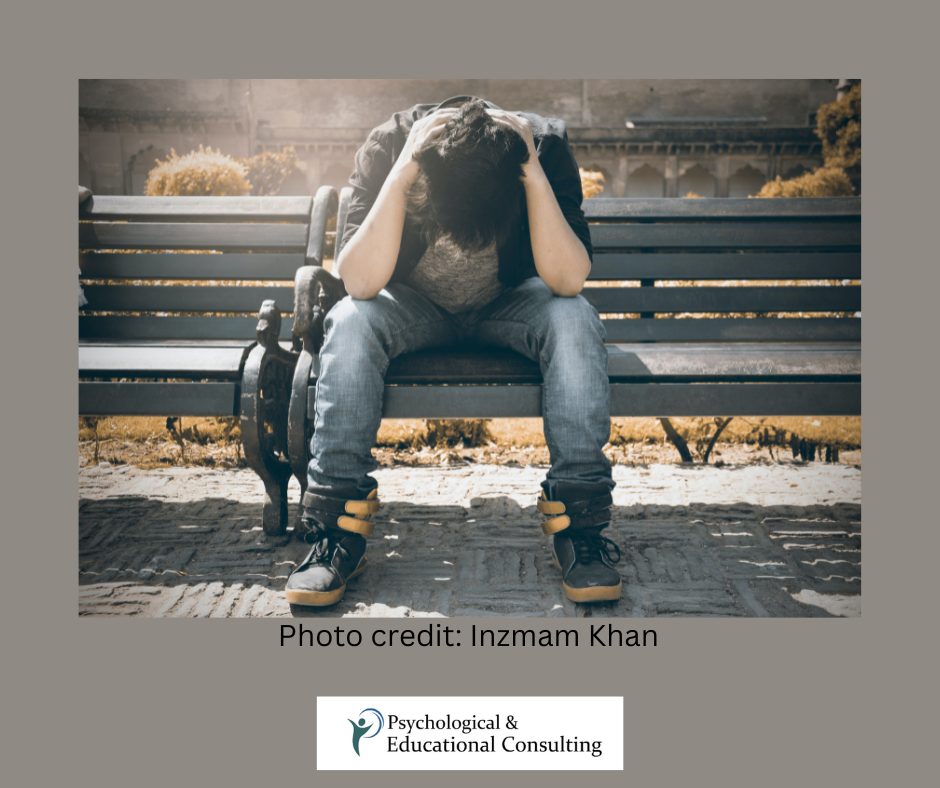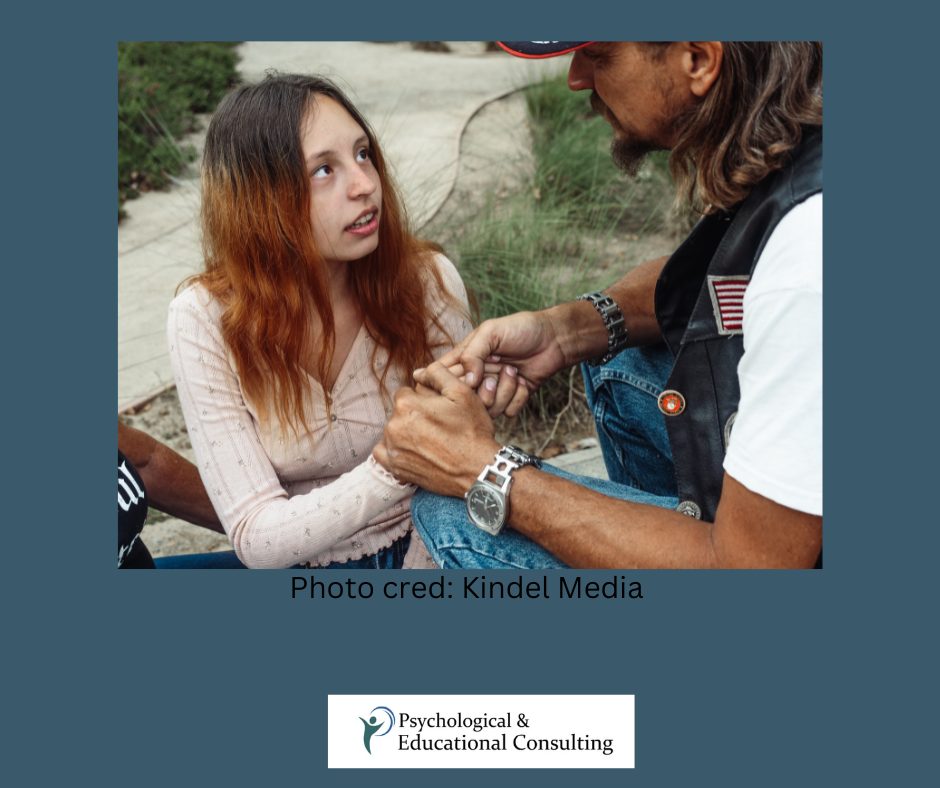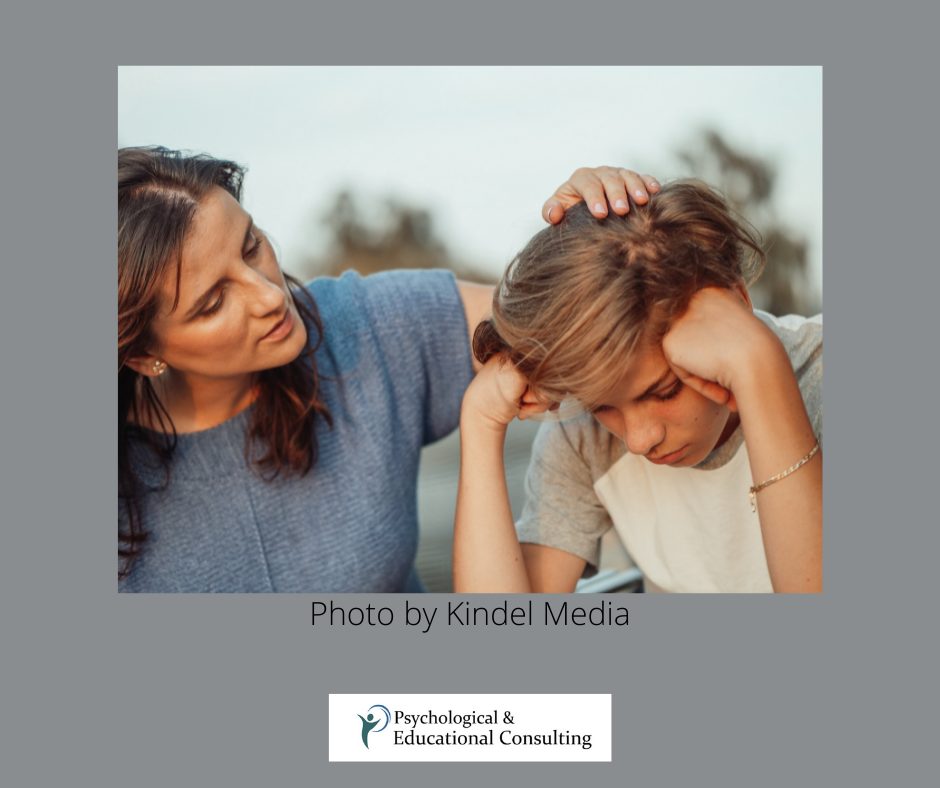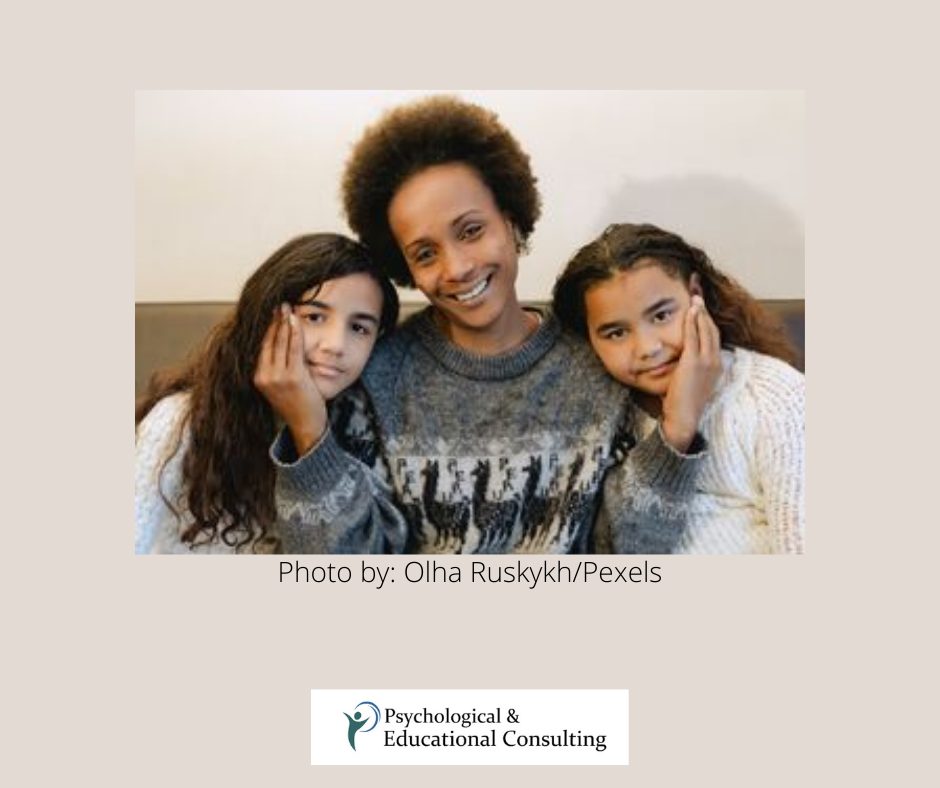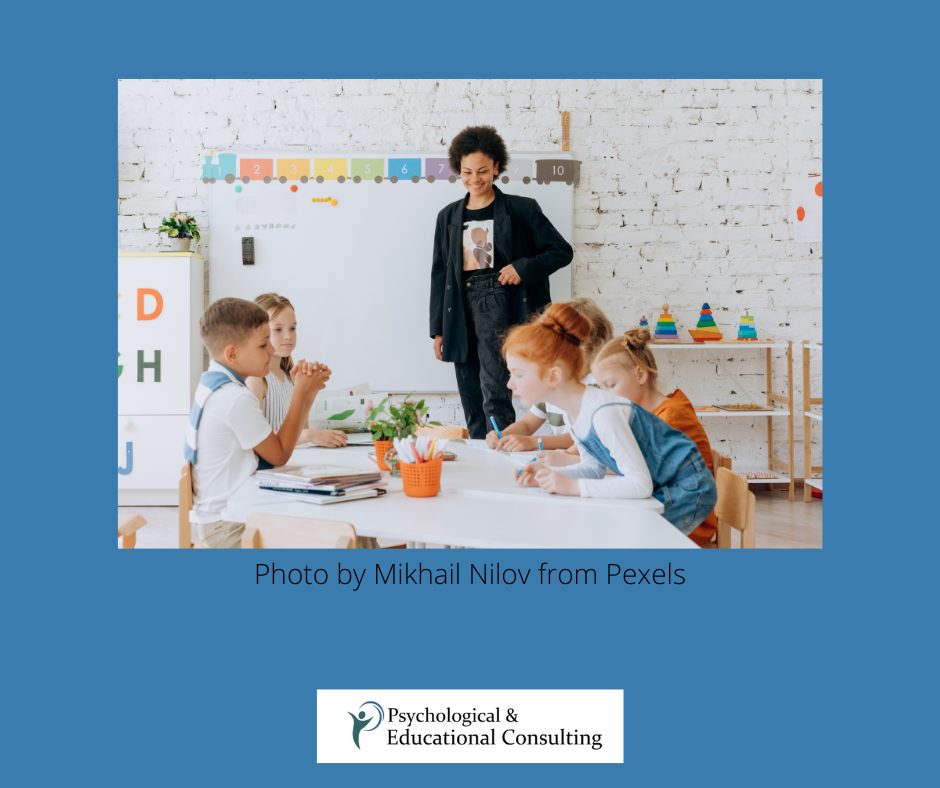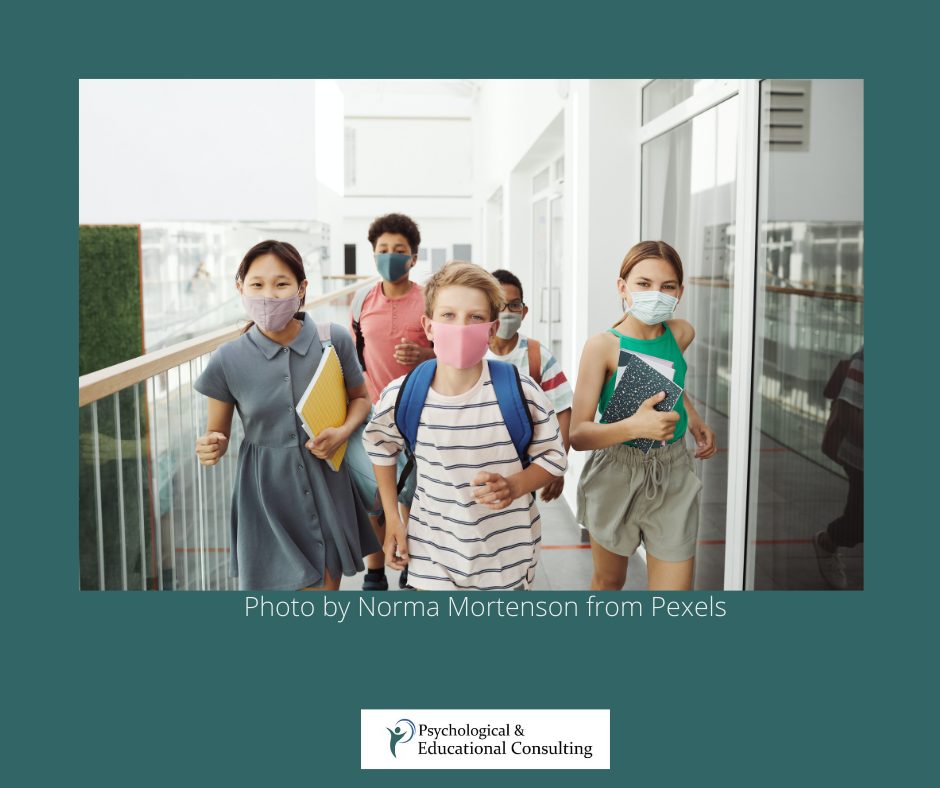The Great Unmasking
by Dr. Liz Matheis
As a mother and psychologist, I have actively been a part of the incredibly damaging impact of masks and virtual learning. The number of our children, teens and young adults who have been and continue to suffer is immense and heartbreaking. Our children have been living in an upside-down world with significant change for a prolonged period of time and the negative effects are loud and clear right now.
In speaking with and working with many teens during this pandemic, I have heard the following about their experience with school:
- Everyday feels the same
- It’s horrible
- It’s boring
- I have headaches from staring at my computer all day
- I didn’t even change my clothes. I was in pajamas all day
- I am distracted
- I’m not listening to any lesson or discussion
- It’s really easy to tune out and nobody will know
- In the classroom, if I lose focus, my teacher will notice
- There is no accountability when I’m home
- I’m not seeing friends
- I’m not talking to friends
- I’m sad because I can’t see my friends
- There’s no spontaneity
- I miss spontaneous gatherings and plans
- I missed my graduation
- I missed my prom
- I missed my field trips
- I missed having my birthday party
These are some big thoughts from our children who are begging for the return of our pre-pandemic life. Our children are feeling anxious, depressed, socially anxious and awkward more so than ever. Their attention and focus are poor, and their study skills are almost non-existent. We have had to start from the beginning as of September 2021. One and a half years of lost instruction, lost skills, lost interactions and lost spontaneity of life.
Keep Schools Open
Please, keep the doors open to our schools. As much as is humanly possible, avoid virtual learning. It’s creating flashbacks, sadness and anxiety that started in 2020 and continues to haunt us now. Keep kids in school so they can sit in the classroom, receive instruction face to face, walk through the school halls, and scurry when the bell rings.
Keep the Masks Off!
I’m speaking from a focus on mental health. Masks don’t allow us to see each other’s gentle eye expressions and squints that match a scrunchy nose and smiling mouth. We can’t see each other’s pout, anger, contentment, sadness, or whatever may come. Our kids can’t see their teacher’s facial expressions either which is a huge part of academic instruction. When a teacher is excited about a topic, the body language and matching facial expressions are remembered strongly and make an impact on learning.
Within the classroom, teachers can’t always tell who is speaking or what is being said because they can’t see each other’s mouths while we speak. There is a disconnect between our eyes and ears in that a great deal of conversation is matching the words that are coming out of another person’s mouth with the sound of them. We are missing big chunks of information that is a natural part of our give and take interactions between humans.
Our children also need to sit next to each other, whisper secrets, sit in huddles, walk side by side. Our kids need that closeness and sensory feedback to maintain their emotional well-being. So much of that has been taken away and it’s starting to show.
Put Away the Computers
Please, no more learning through computers. Turn them off as much as possible. Revert back to pencil and paper. Write on the board or the smartboard. Work on projects in groups. Create posterboard or PowerPoint presentations. But, please, shut it down and allow the interactions to be more human based. More conversation, discussion, sharing ideas and experiences. Close the laptop and look at each other.
Virtual learning doesn’t work. I know this firsthand. My 9-year-old (now in 3rd grade) could, in theory, return to first grade because this hasn’t worked. Google forms and uploading documents isn’t education. It’s unnatural. My 13-year-old doesn’t know how to study for a test. My 15-year-old is finally learning how to manage the multiple moving parts of being in high school.
The other thing that has happened is our children have forgotten how to take notes, study for tests, and keep track of their assignments. Their executive functioning skills haven’t been developed.
To no fault of anyone anywhere, pandemic learning hasn’t been effective. Our children will benefit academically, emotionally, socially and behaviorally if they can be in school, without masks and without computers.

